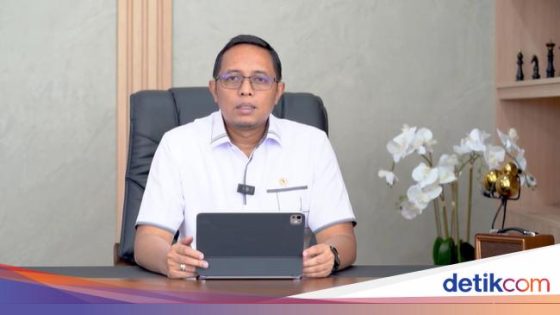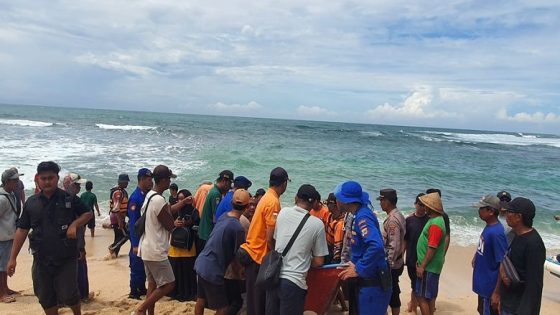On February 14, 2025, the Indonesian government announced significant changes to the leadership training program for regional heads. The program, which previously lasted 14 days, has been cut down to just 7 days, making it more efficient and cost-effective. How will these changes impact local governance?
- Training for regional leaders reduced to seven days.
- Collaboration between Kemendagri and Lemhannas.
- Costs covered by APBN, not APBD.
- Budget restructuring led to efficiency gains.
- Orientation for leaders at Akmil Magelang.
- Emphasis on training and capacity building.
Indonesia‘s Leadership Training Program: A Shift Towards Efficiency
What does this mean for local leaders in Indonesia? The recent adjustments to the leadership training program for regional heads aim to improve efficiency and reduce costs. By merging training activities from the Ministry of Home Affairs and Lemhannas, the government has created a more streamlined approach. This new model not only saves time but also ensures that the training is funded entirely by the national budget, alleviating the financial burden on local governments.
Key Changes in the Leadership Training Program for Regional Heads
The restructuring of the leadership training program brings several benefits:
- Duration reduced from 14 days to 7 days.
- Cost savings achieved through combined training sessions.
- Funding provided entirely by the national budget, not local budgets.
- Collaborative training between the Ministry of Home Affairs and Lemhannas.
Funding and Budget Implications for Local Governments
With the new funding structure, local governments will no longer bear the costs of the leadership training program. This shift is crucial for regions with limited budgets, allowing them to allocate resources to other pressing needs. The Ministry of Home Affairs has confirmed that the entire cost will be covered by the national budget, making governance more sustainable.
Impact on Future Leadership Development in Indonesia
The shortened training program is expected to foster a new generation of efficient leaders. By focusing on essential skills in a condensed timeframe, regional heads can quickly adapt to their roles and address local challenges effectively. This approach not only prepares them for immediate responsibilities but also encourages continuous learning and development.
In conclusion, the Indonesian government’s initiative to streamline the leadership training program demonstrates a proactive approach to governance. By enhancing efficiency and reducing costs, Indonesia is paving the way for stronger local leadership and better public service delivery.

































